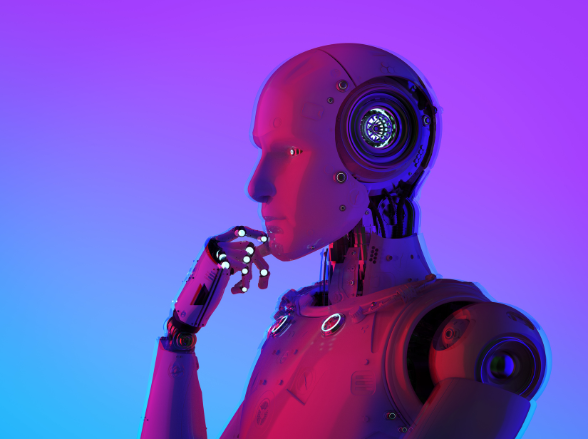40% of Jobs Not Invented Yet!
40 percent of future jobs yet to be invented: How to get ahead
Forty percent of the jobs of the future do not yet exist. It’s a prediction you will often hear repeated at career forums and tech talks. Is there any truth to the figure, however? If so, what exactly are those jobs yet to be invented?
An artificially-intelligent, automated superhighway?
Back in the nineties, ‘the information superhighway’ was used to describe the transformative powers of digital technologies enabled by broadband internet. Thirty years later, this ‘superhighway’ has taken us to places few could imagine.
The rise of artificial intelligence, most recently demonstrated in the viral rise of ‘artistic’ applications such as Dall-E, and ChatGPT has impacted almost every career field.

Suddenly, workflows are drastically streamlined and, depending on the industry, productivity can be increased by up to several orders of magnitude.
Automation has also had a massive impact. While we haven’t yet arrived at a future of android workers, drones and robots are already delivering food, cleaning hospitals and taking the place of even the most specialised workers.
While any kind of prediction is hard, it’s not unreasonable to assume that many jobs will disappear, but with even more to replace them.
The future is unpredictable, but one thing’s for certain – tomorrow’s careers will require a unique personal skillset. A future where what’s human matters
“The jobs of the future will be more people-focused than task-focused. The focus will be on well-being, rather than results. The computers and machines we’ve created will be able to do so much more for us, so the focus will be on human relationships, ensuring that people everywhere have access to goods and services.
“Designing people-oriented technology is going to be a greater area of growth. We need more people designing user experiences, as there’s still a lot of global inequality and not everyone has the same proficiency with technology.”
Spanish second-year student says “I don’t believe jobs will be created, as much as adapted. In 20 years, we may not need pilots for passenger jets, but we’ll need more people to design them, program them and supervise flights. Jobs will focus on overseeing automation and making sure the needs of people are met. Yes, jobs will disappear, but more will be created as humans are needed to adapt the new technologies.”

Many Thanks to THE LOCAL es











